Professor Bae Yang Soo, born in 1959 in Iksan city, Korea, is a PhD in Vietnamese Literature (Faculty of Literature, Hanoi National University of Education), Professor at Busan University of Foreign Studies, Korea.
He has taught for many years at the Vietnamese Department of Busan University of Foreign Studies and is a prestigious researcher in the field of Vietnamese and Korean culture, language and literature.
With many years of teaching and research, Professor Bae is considered a prestigious expert in the field of Vietnamese-Korean culture, language and literature.
He especially plays a bridging role in the field of literary translation, with many Vietnamese works translated into Korean by him.
Among those works are short stories such as “Neighbors” (Tran Van Tuan), “Name” (Nguyen Khai), “Retired General” (Nguyen Huy Thiep), “Hanoi 0 Hours” (Bao Ninh); along with poems by famous poets such as Xuan Dieu, Phung Quan, Vu Cao, Pham Tien Duat, Nguyen Duy, Nguyen Quang Thieu...
In addition, he also translated two outstanding novels: "White Shirt" (Nguyen Van Bong) and "Time of the Saints" (Hoang Minh Tuong), contributing to introducing the depth of Vietnamese literature to Korean readers.
On August 13, in Pusan, VNA reporters met the respected professor during the visit of General Secretary of the Central Committee of the Communist Party of Vietnam To Lam to the port city in the southeast of Korea.
Professor Bae Yang Soo shared an article about Korea-Vietnam relations as a researcher who has witnessed the development of bilateral relations since the first days of establishing diplomatic relations.
The content of the article is as follows:
“On the 11th, I had the opportunity to attend a state banquet hosted by President Lee Jae Myung at the Presidential Palace (Blue House), during the visit of General Secretary of the Communist Party of Vietnam To Lam to Korea.
As someone who has accompanied the more than 30 years of Korea-Vietnam diplomatic relations, that party was like a miniature painting for me, fully expressing the depth and breadth of the relationship between the two countries.
The ceremony was attended by senior Vietnamese government officials and key figures in the economic community, along with key ministers and leaders of major Korean corporations.
Within the solemn ceremony, the atmosphere was especially warm. Everyone’s eyes and smiles contained trust and long-standing friendship; the stories exchanged were filled with sincerity and goodwill.
In particular, the most profound impression was the moment of toasting. President Lee Jae Myung, to express his closeness, shouted out a toast in Vietnamese: “To your health!”
This simple yet meaningful saying, along with his rustic pronunciation, brought laughter and warm applause to the audience.
The Vietnamese guests were surprised and happily clinked glasses, while the Korean guests also joined in the joy, clearly feeling the closeness that had just been tightened.
The activities of the interpreters at each table were also noteworthy. Among them, there was a former student of the Vietnamese Language Department - Busan University of Foreign Studies and a Vietnamese talent who had studied abroad here.
Watching them skillfully connect conversations between high-ranking leaders and heads of state of the two countries, I cannot help but feel proud to see that human resources trained in the lecture hall are now working on the diplomatic front lines.
Today, I received an email: “Sir, today I was in charge of interpreting at the state banquet at the Blue House. The documents about the participants were distributed on the spot, so after I got home, I realized that your name was on the list. While I was working, of course I couldn’t come to say hello, but when I found out you were there, I really regretted not being able to say hello to you even a little bit…”
For teachers, there is nothing more enjoyable than seeing students give their all in their work.
Sitting at the same table with me that day were the Deputy Minister of Education of Vietnam and the President of Hanoi National University. The conversation went beyond greetings and expanded to include changes in Vietnam’s education policy, the future of Korea-Vietnam academic cooperation, and the need to increase in-depth exchanges between the two countries’ young generations. Occasionally, memories of studying abroad and humorous stories about cultural differences were mentioned, making the conversation both fun and profound.
Stepping out of the banquet hall, I suddenly remembered the time when the two countries established diplomatic relations in 1992. At that time, bilateral cooperation had only begun with small-scale trade and personnel exchanges, but now it has expanded comprehensively to education, economy, and culture.
Korea and Vietnam have become “long-time friends” naturally present in each other’s daily lives, and between the two sides are countless invisible bridges - built from language, culture, and human hearts.
This visit by General Secretary To Lam is not simply a diplomatic event. This is the first state visit since the transfer of power to South Korea, carrying special political and diplomatic significance, and marking the starting point for the next 30-year strategy.
As the name “Park Hang Seo” has become a symbol, the relationship between the two countries has gone beyond national interests to reach “human diplomacy” - where hearts are touched and respect is nurtured. From moments on the football field, to enthusiasm in the classroom, and the spirit of cooperation in business - all have become the foundation for today's friendship and trust.
As a professor at Busan University of Foreign Studies, and with special memories of being the “first Korean international student” in Vietnam, I feel the meaning of that party even more deeply.
My youthful footsteps, which once nurtured dreams and knowledge in a foreign land, have now become part of the bridge connecting two countries.
I will continue to work with generations of students to build new bridges, overcoming all linguistic and cultural boundaries, so that Korea and Vietnam can become more and more connected.
Like the past 30 years, the next 30 years will also be a journey that the two nations will walk together with understanding and sharing”./.
Source: https://www.vietnamplus.vn/nhung-cay-cau-huu-nghi-tu-trai-tim-han-viet-post1055678.vnp



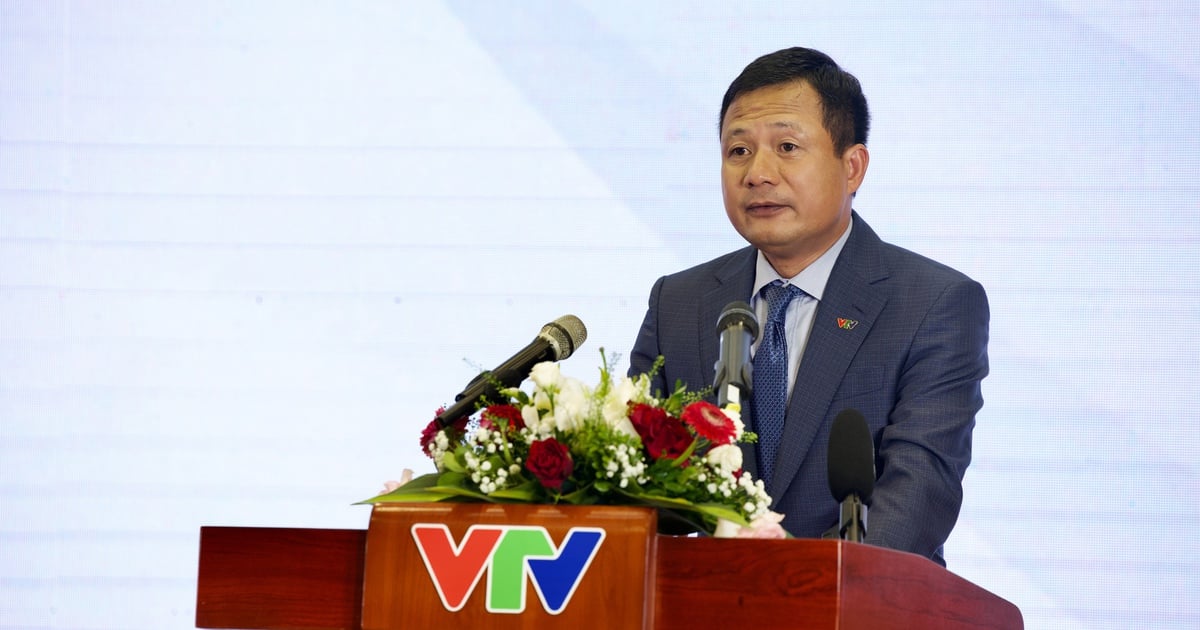
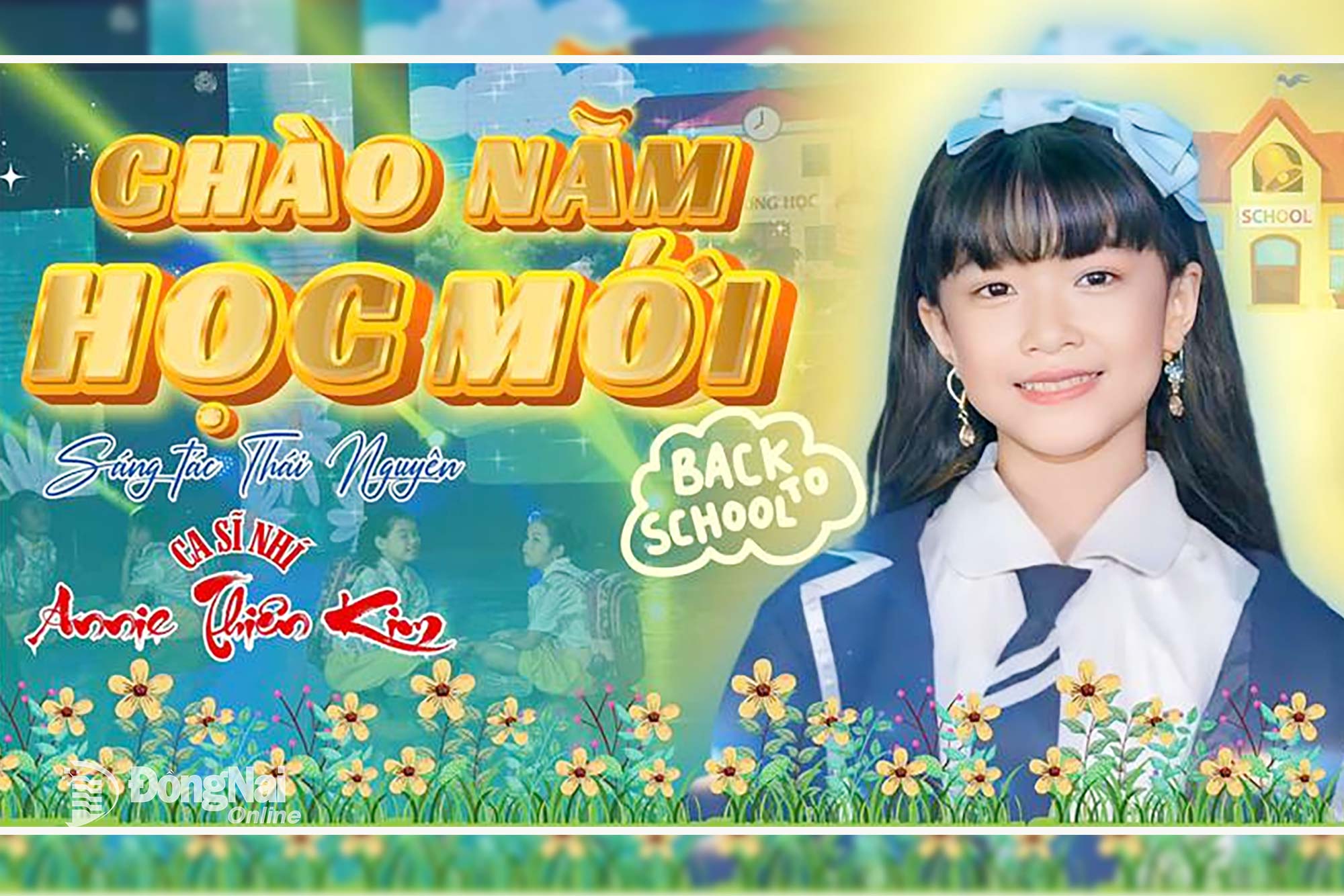
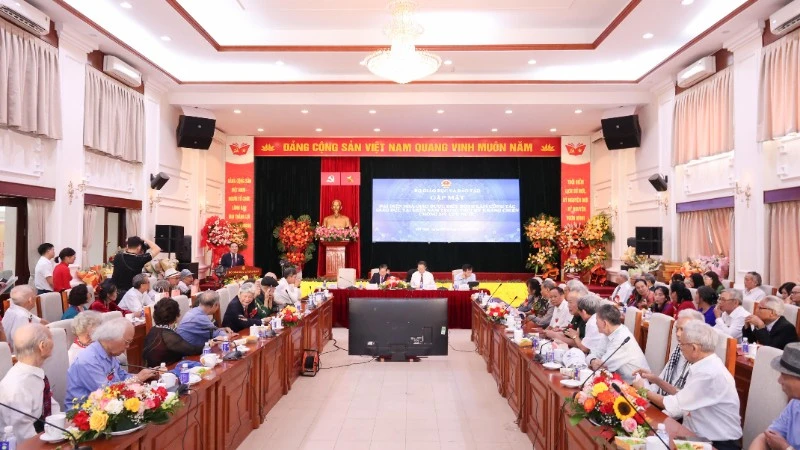
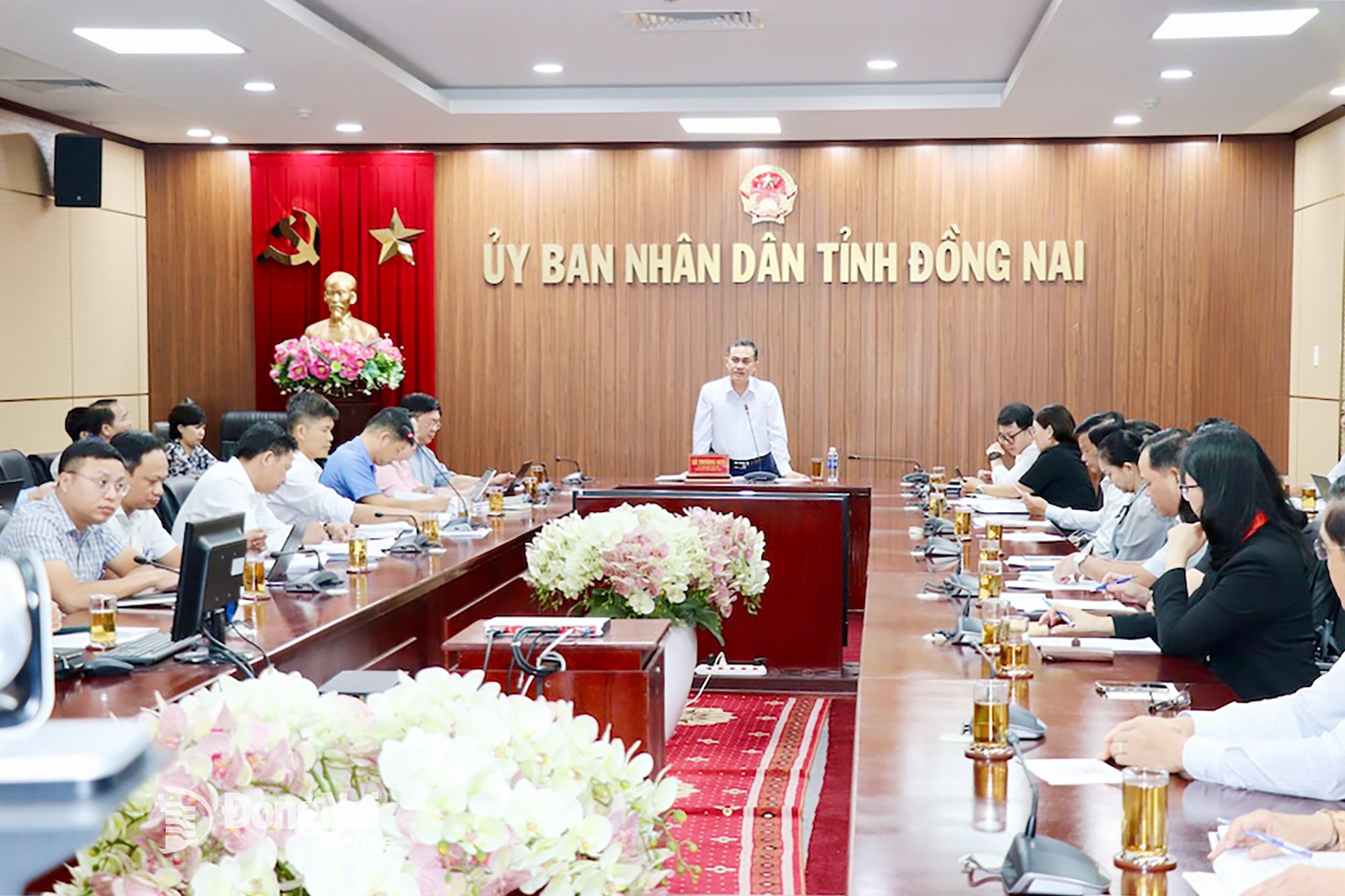
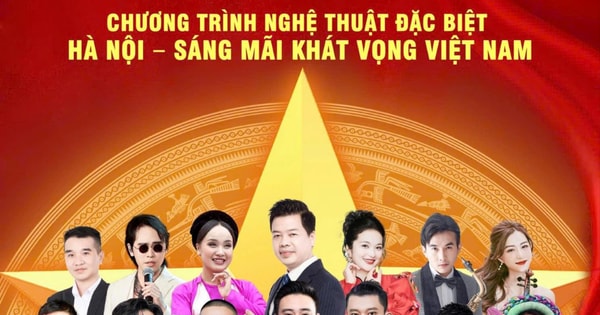
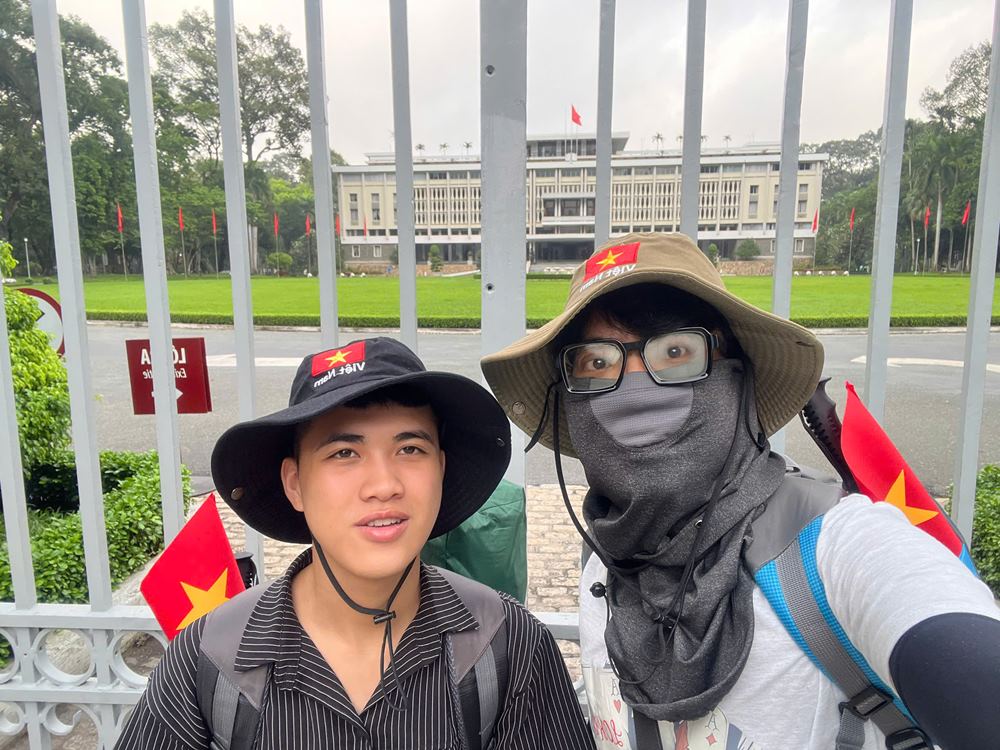
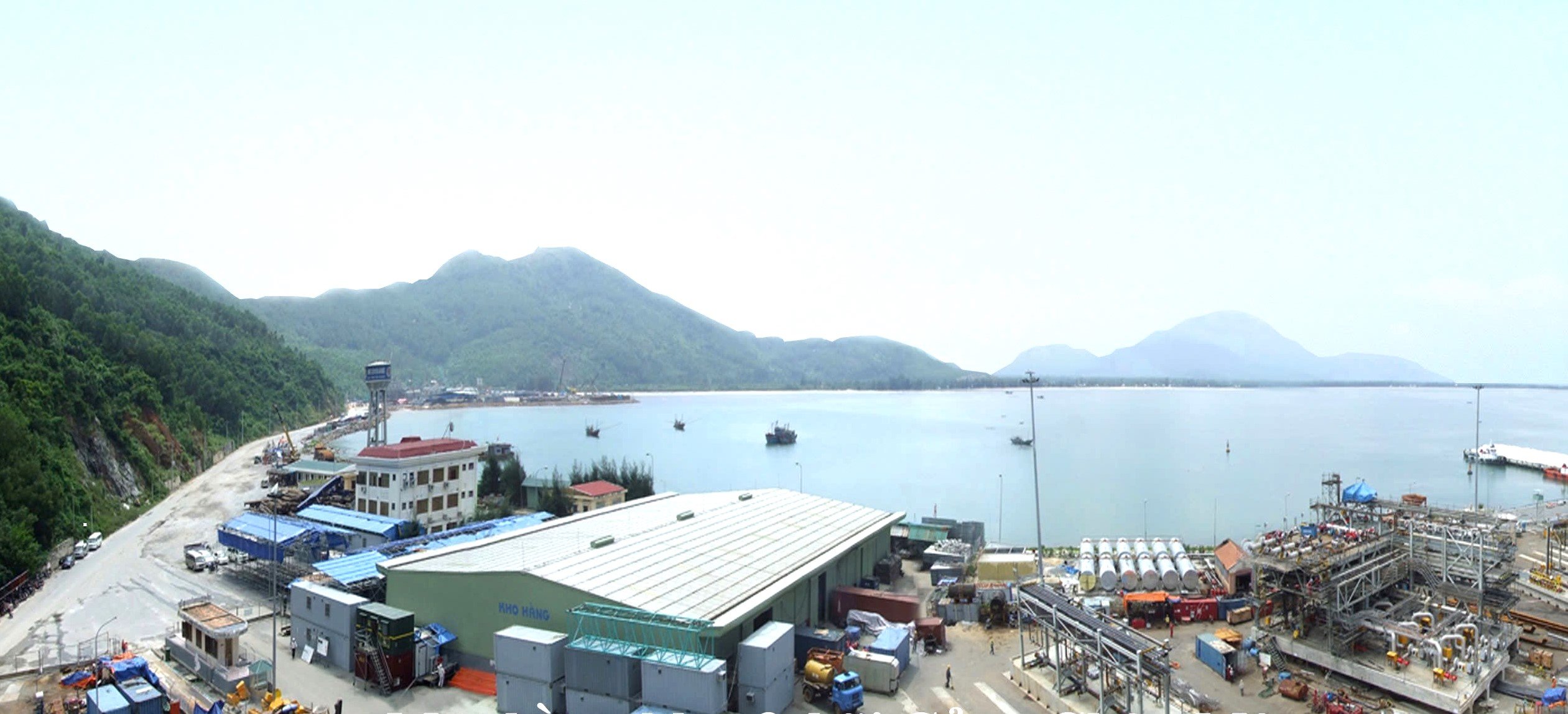
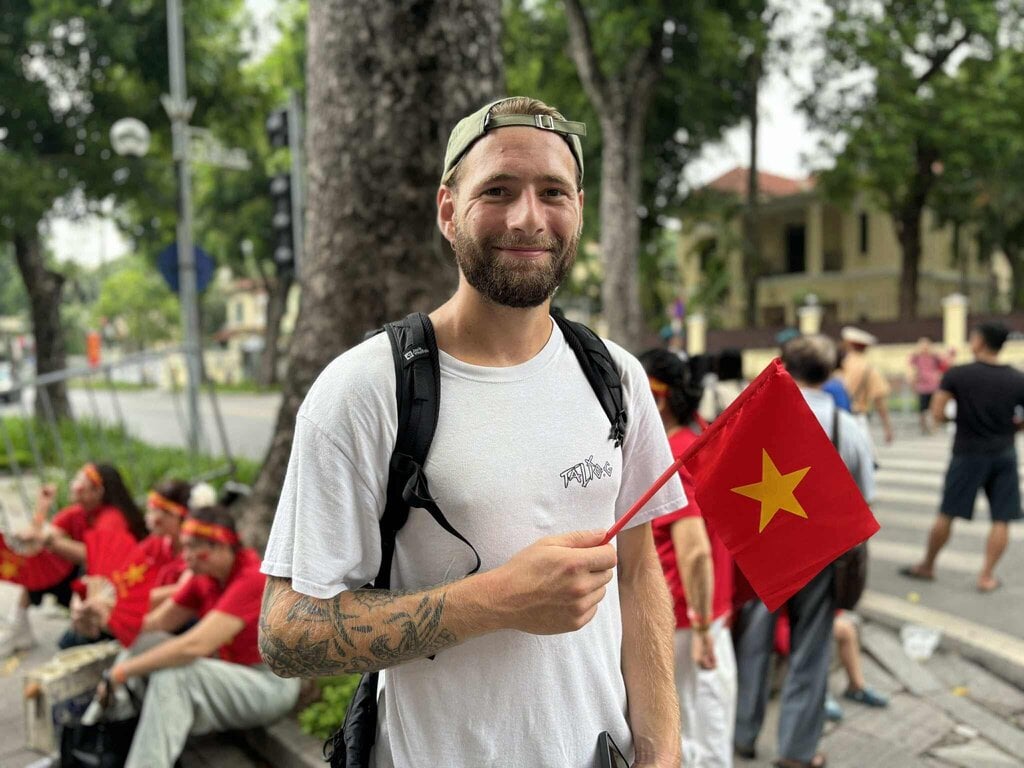
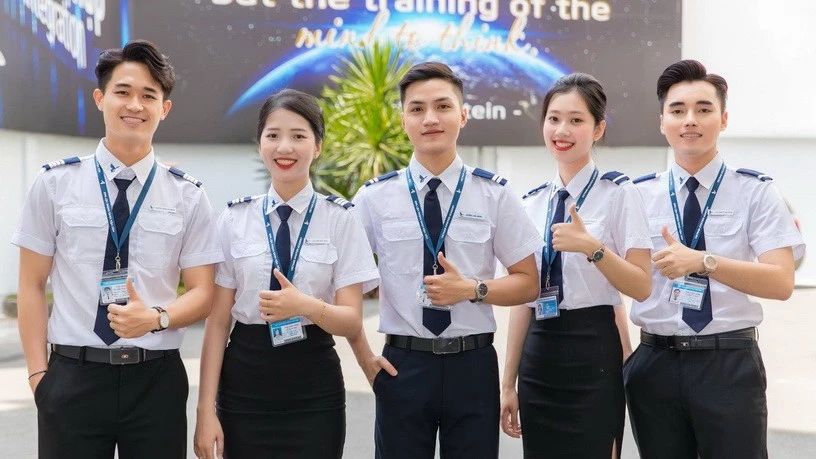
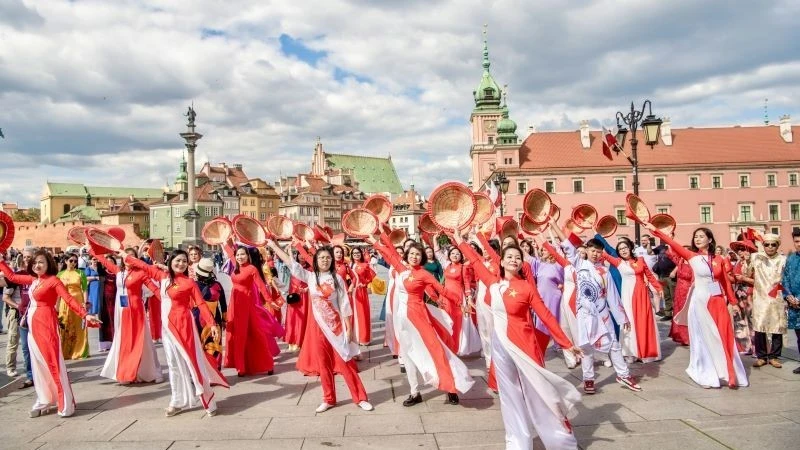










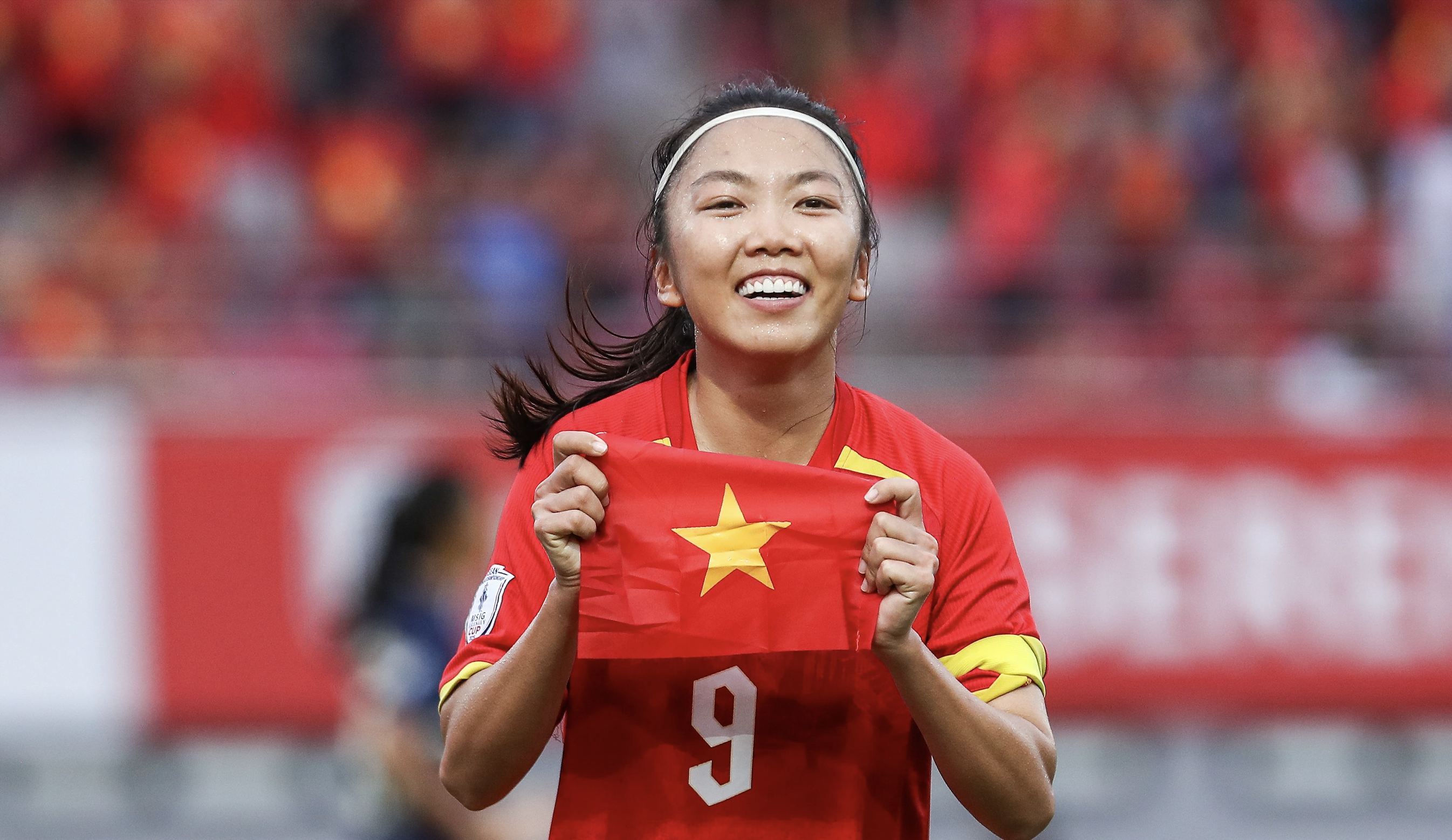
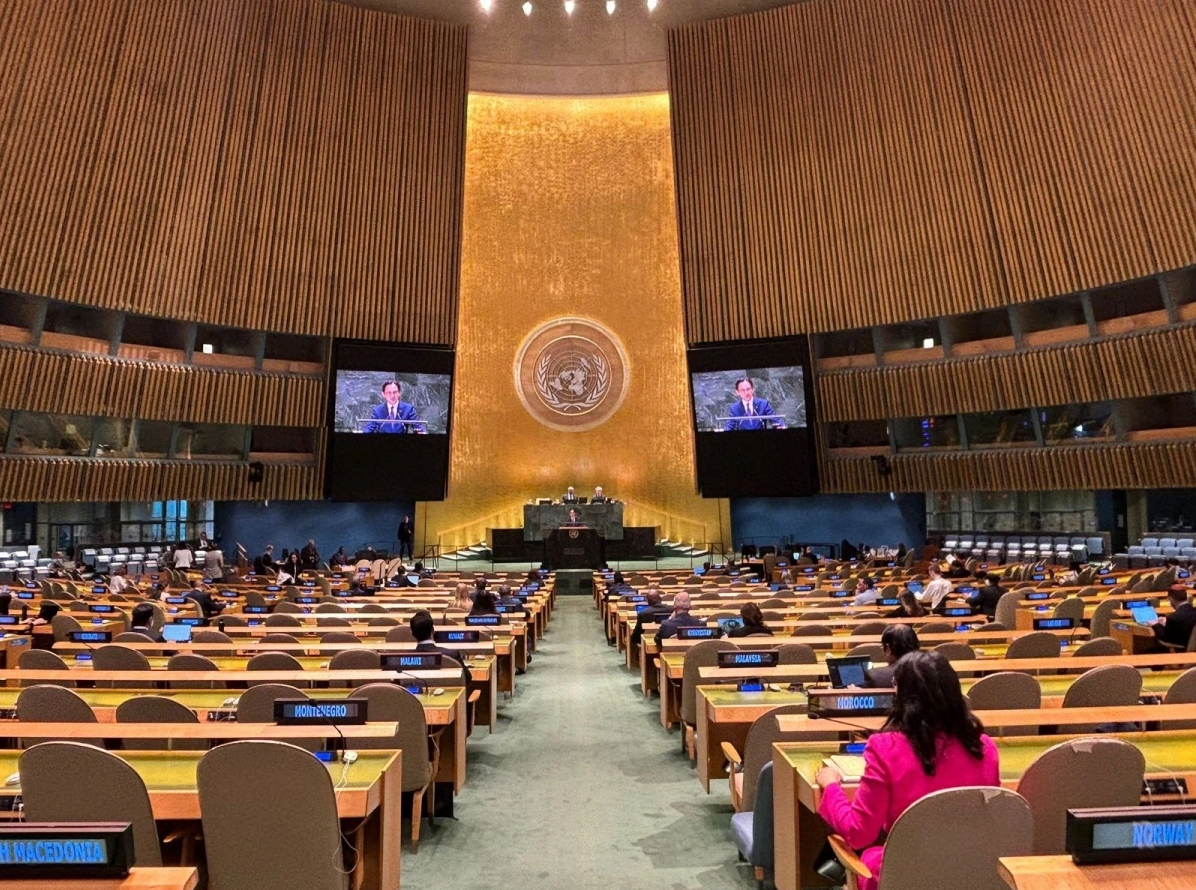
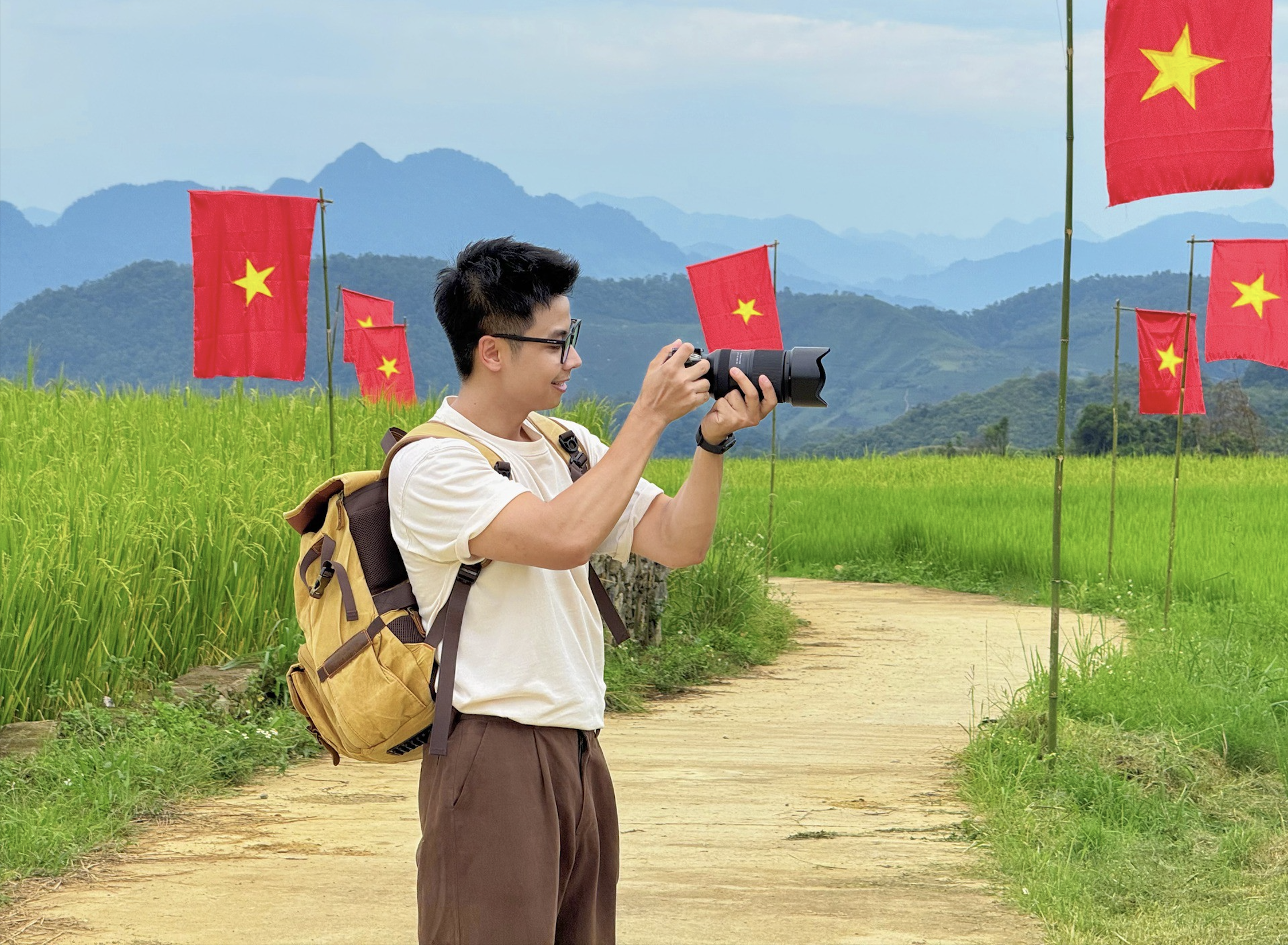
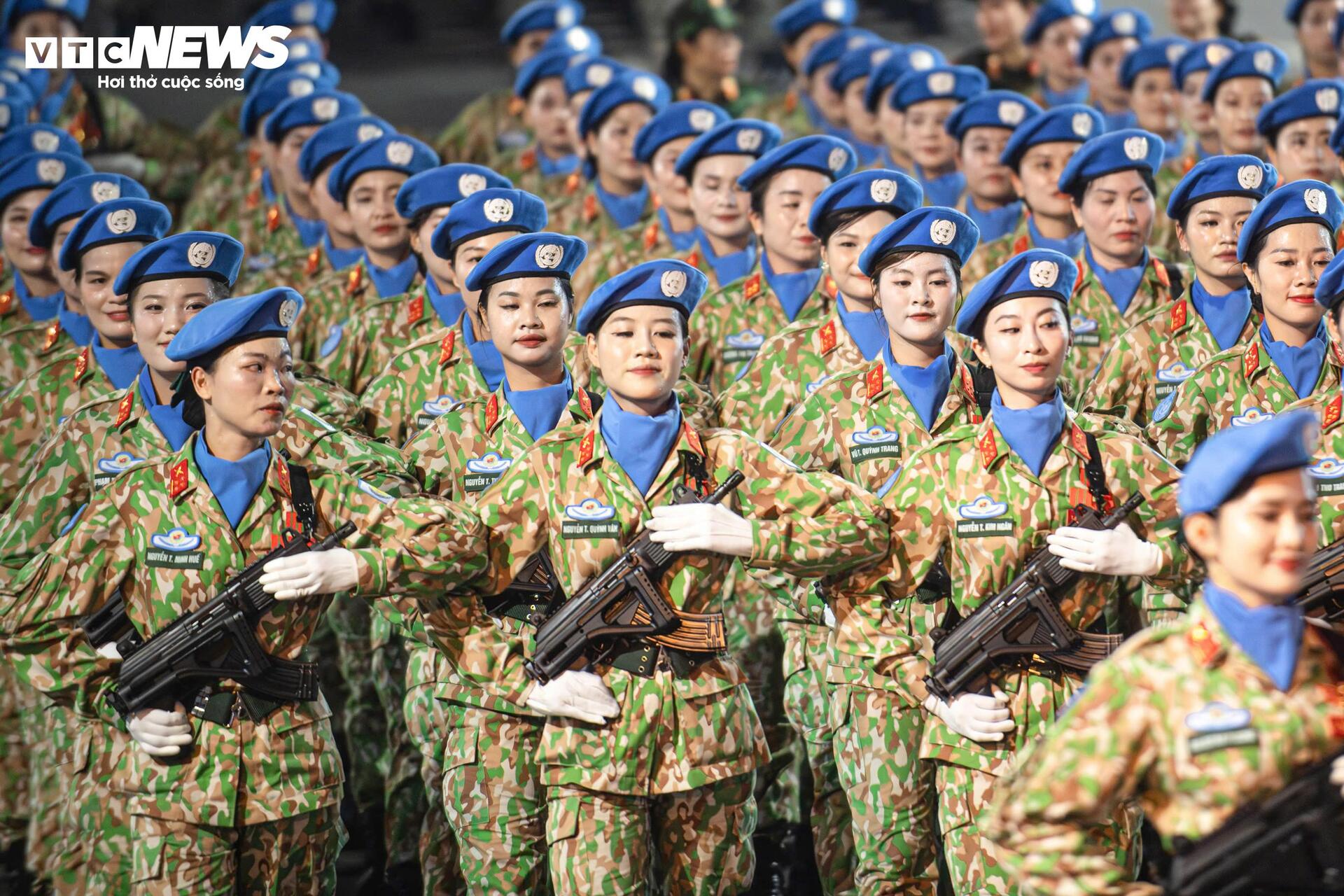
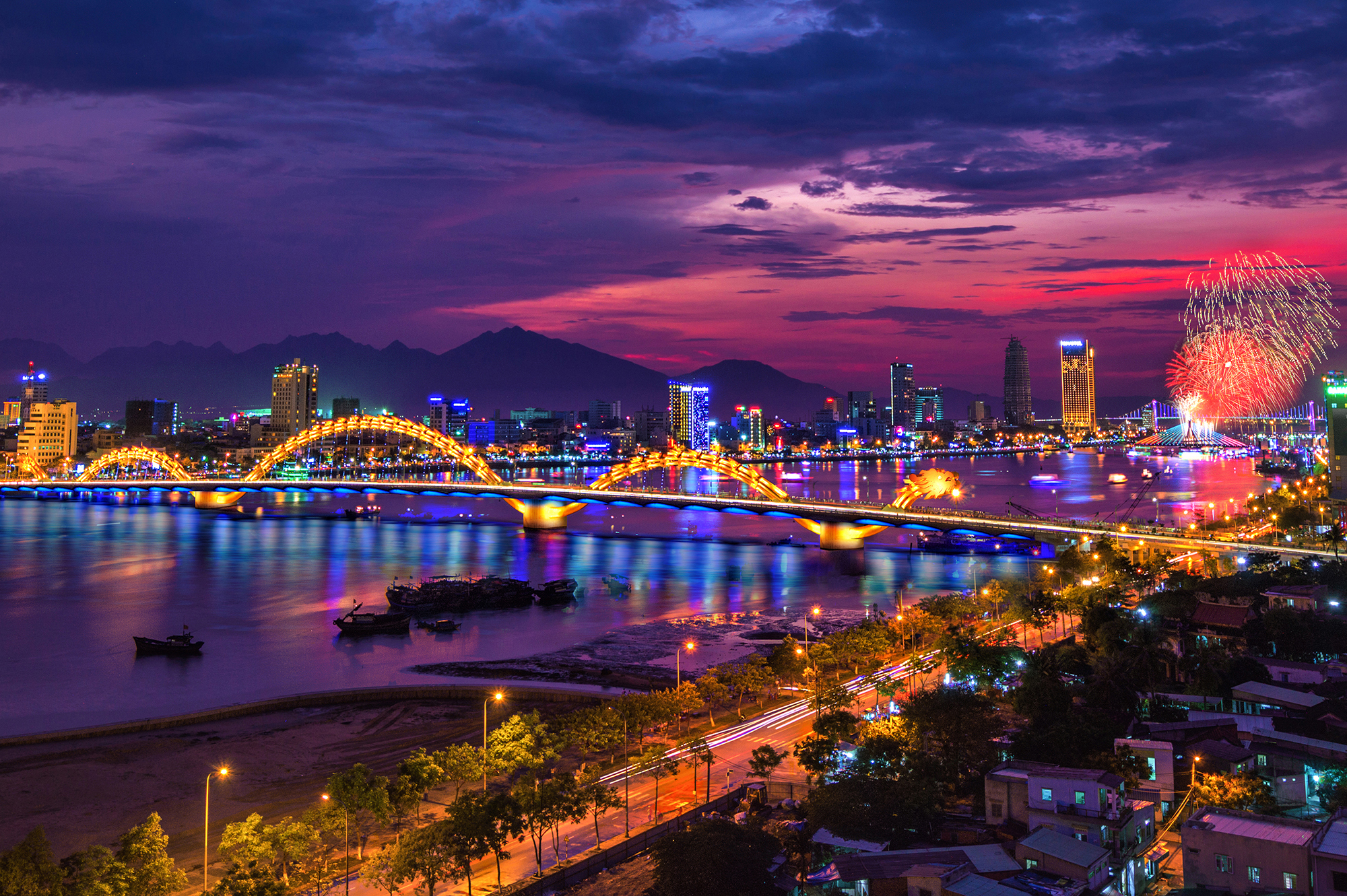
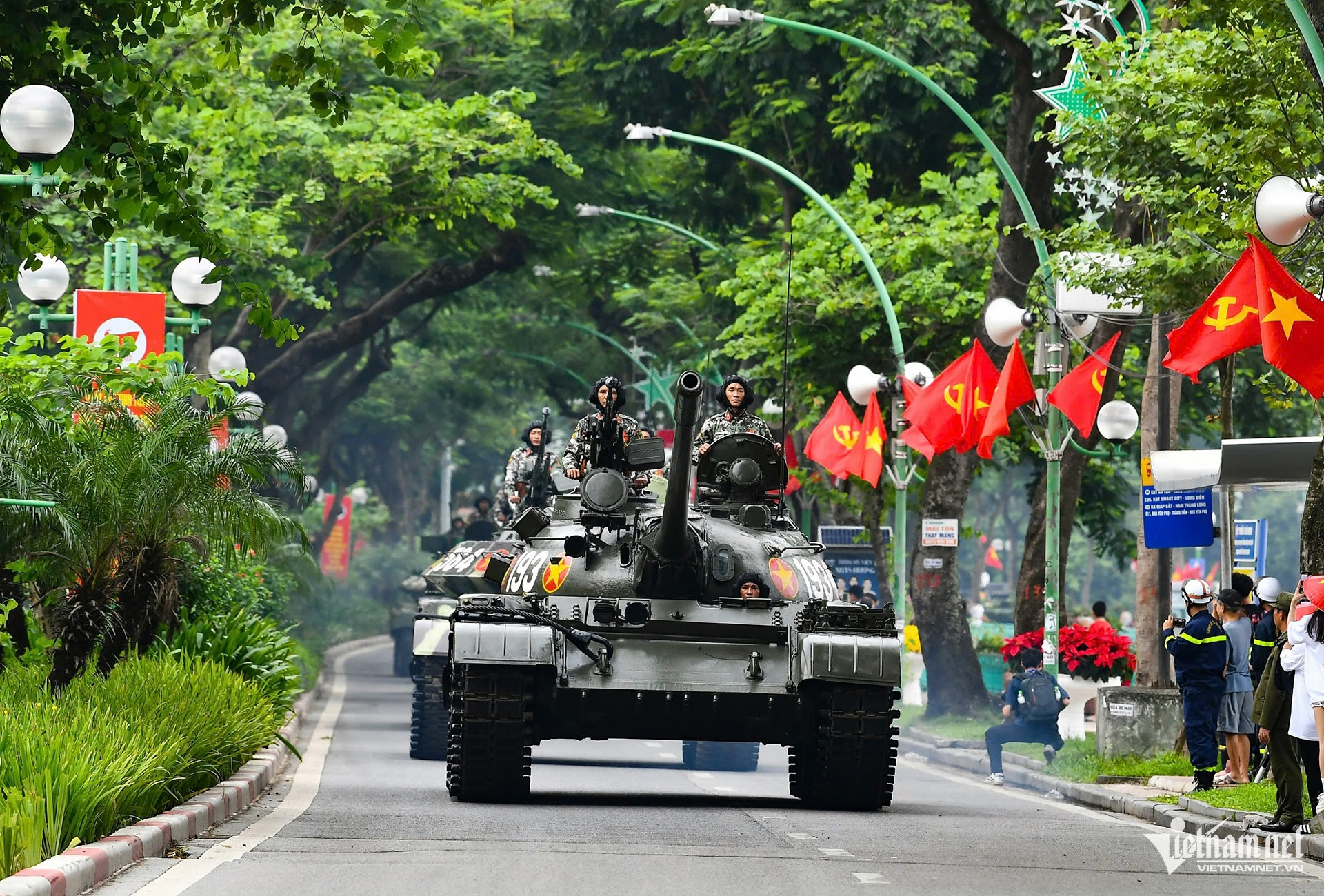
![[Photo] Scientific workshop "Trade unions with the task of participating in state management and building a socialist rule of law state"](https://vstatic.vietnam.vn/vietnam/resource/IMAGE/2025/8/22/789f6384ec37466098a8bcb531deb281)
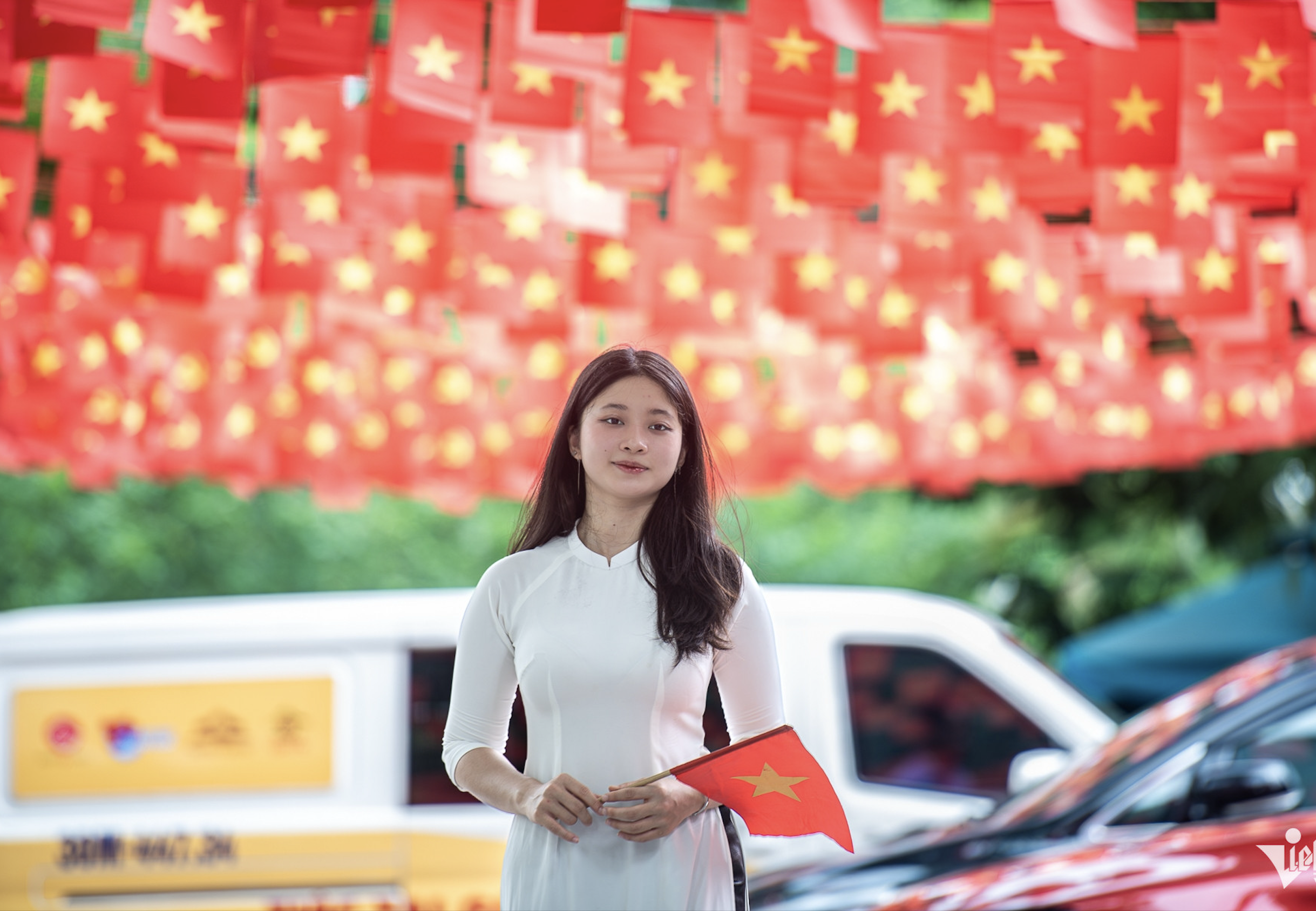

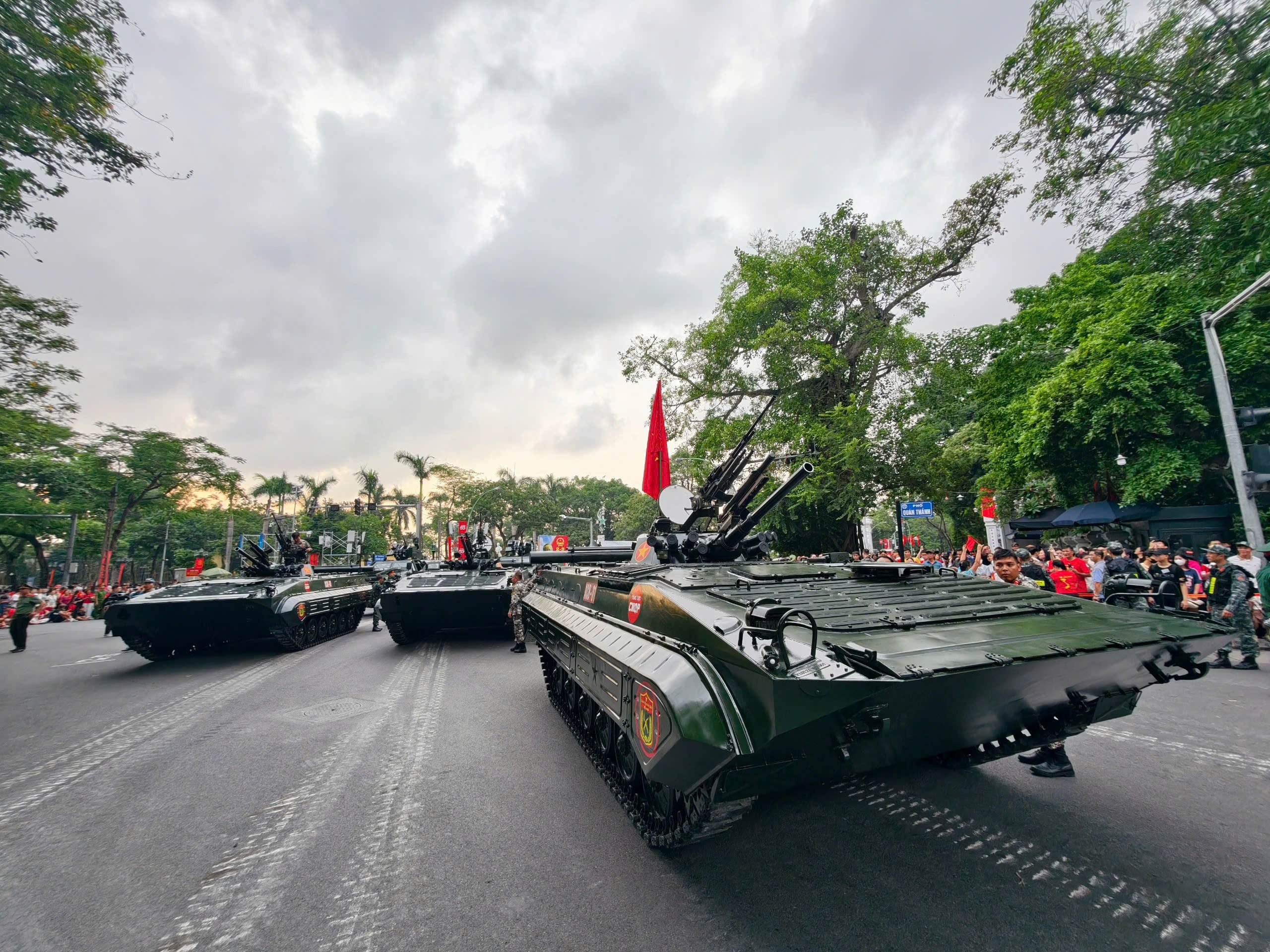

















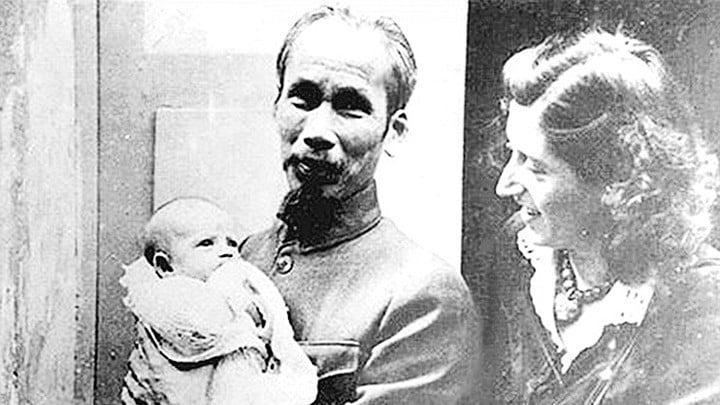








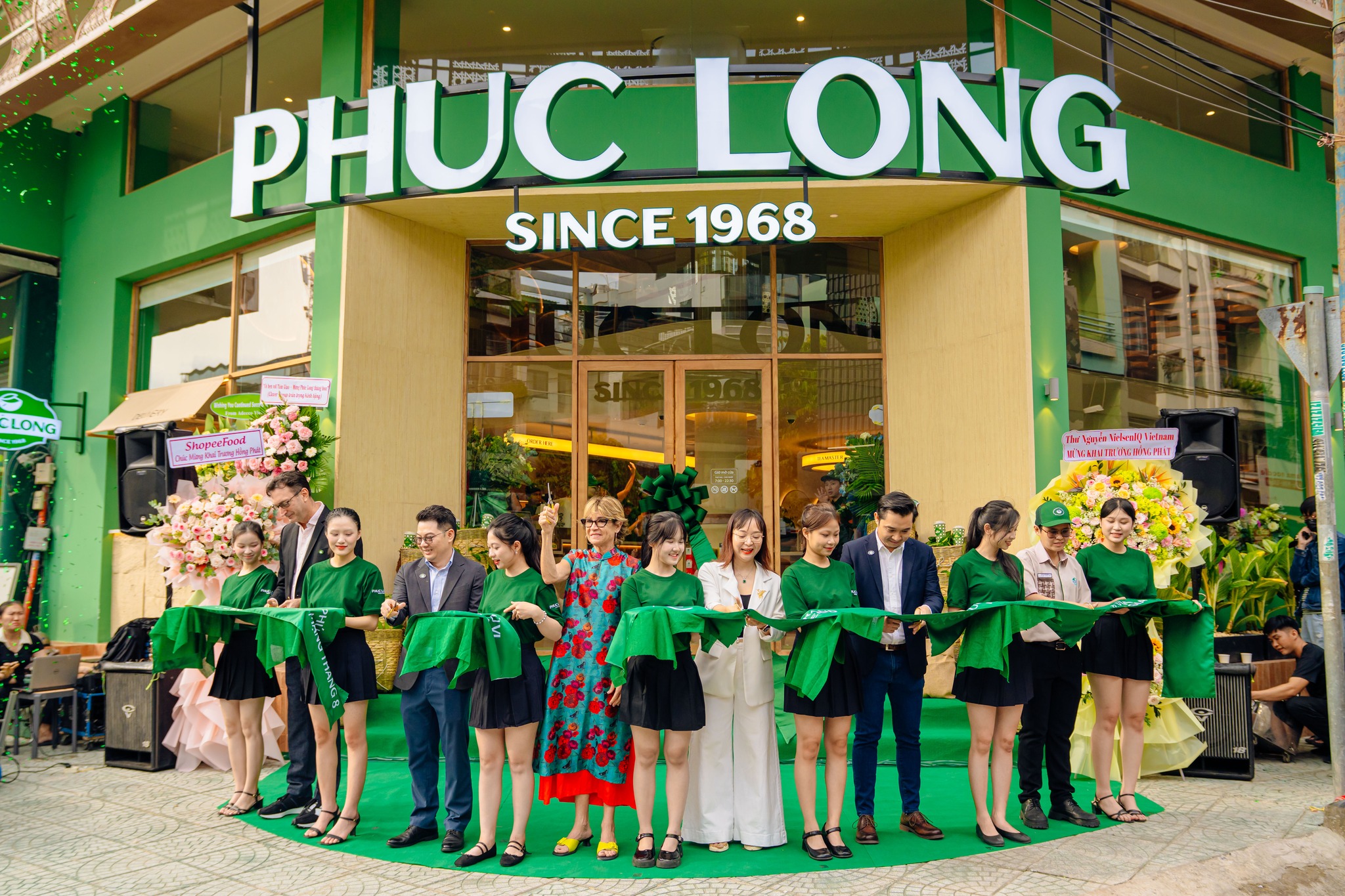

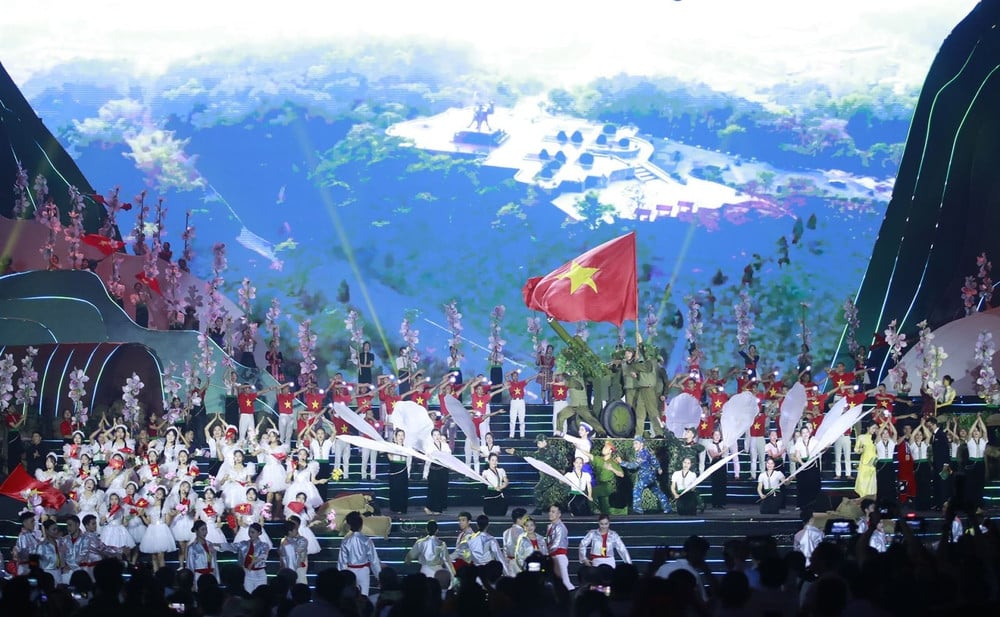

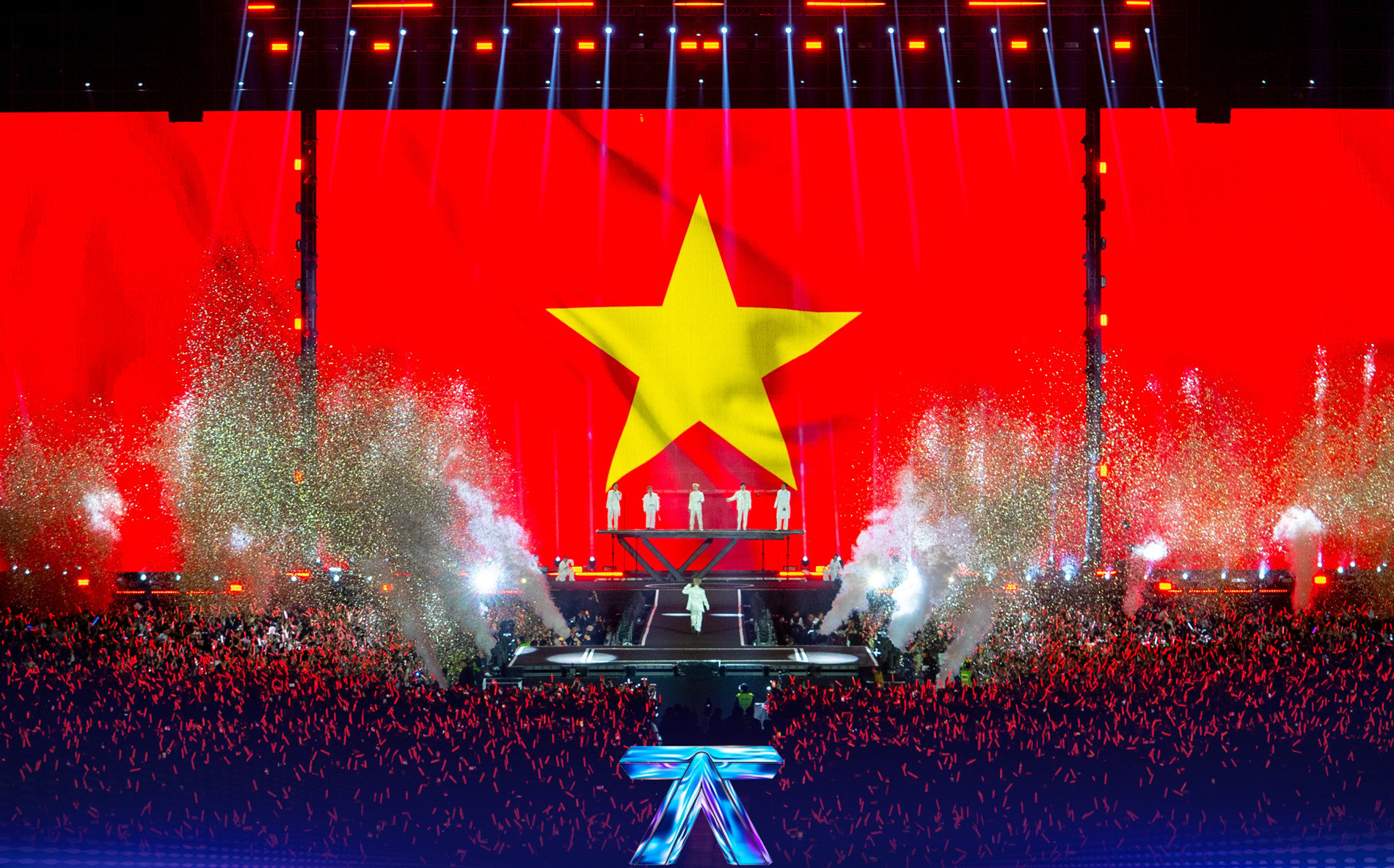
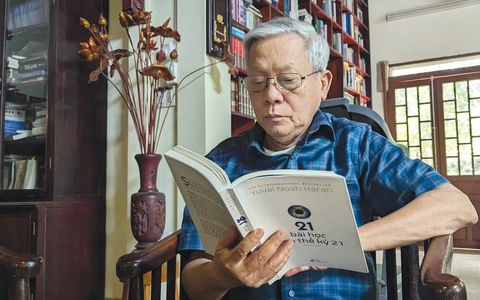
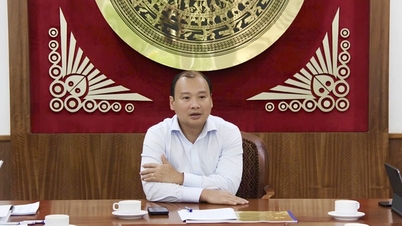


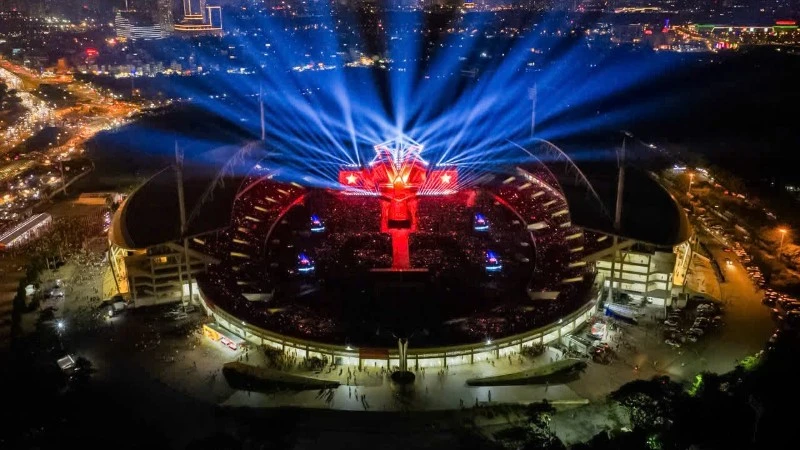
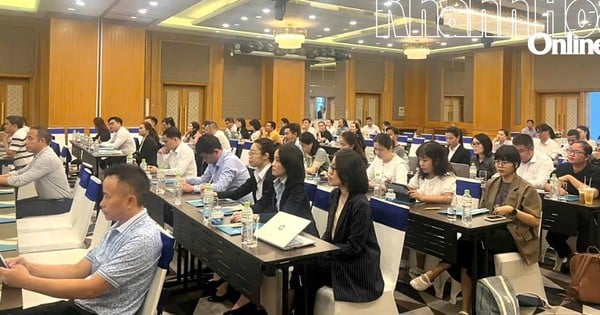

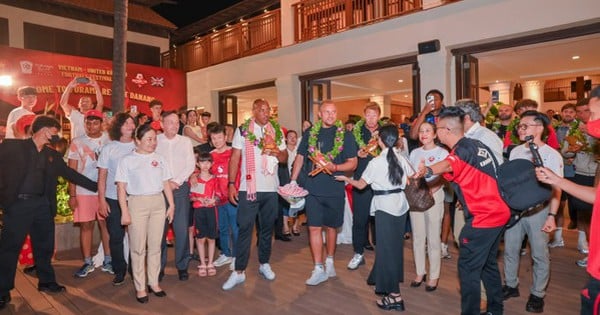
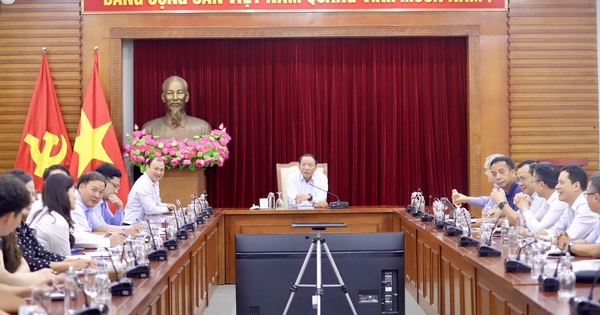
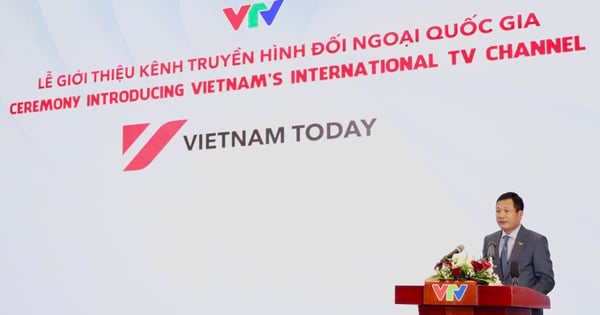
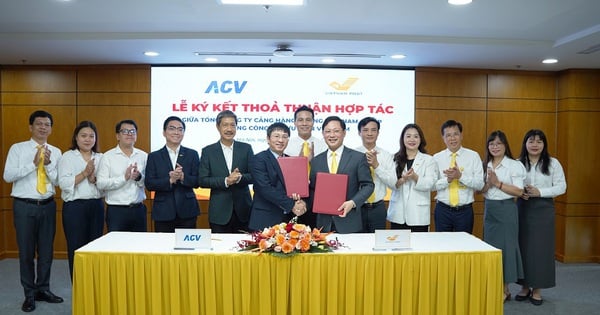

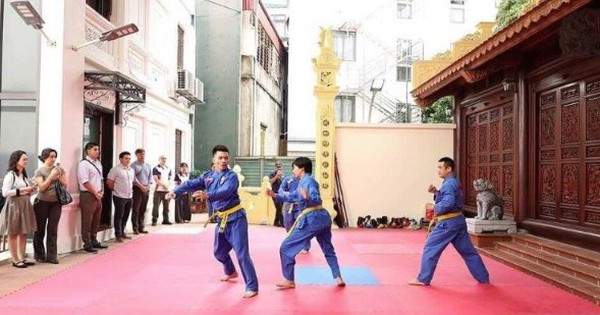











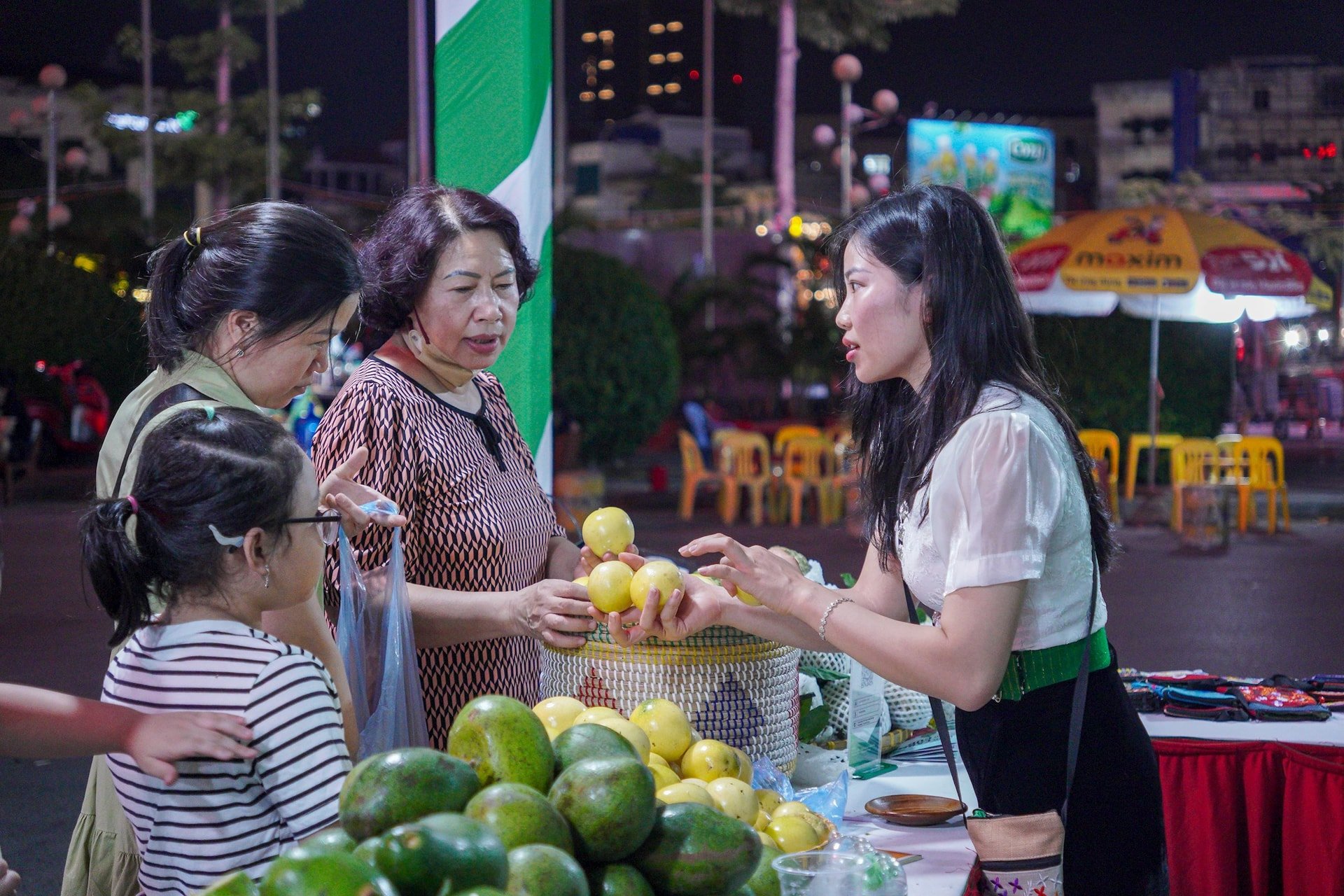

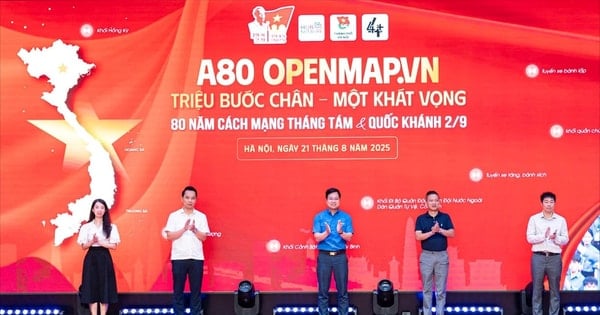

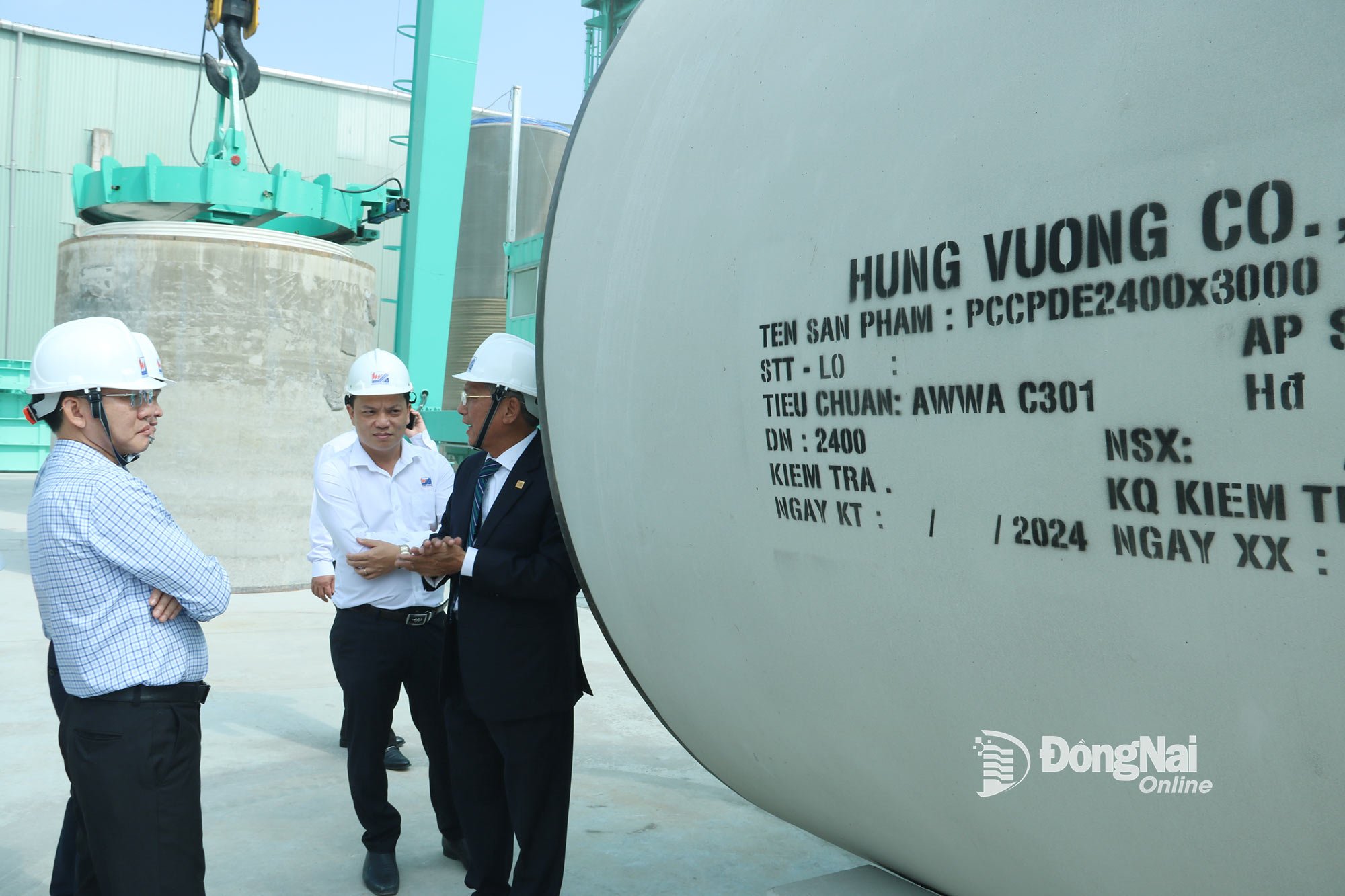






Comment (0)